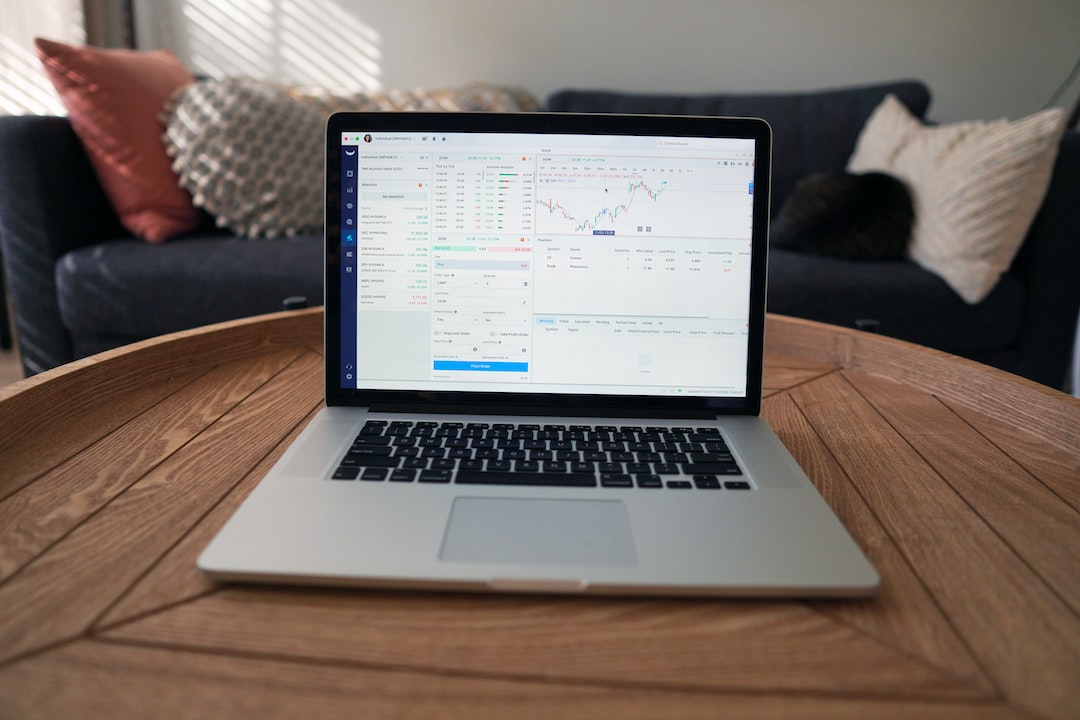Banks are among the most powerful entities in the financial market, and they have a significant role in the forex market. They can manipulate the forex market in several ways, and these manipulations can have a significant impact on the prices of currencies. In this article, we will discuss how banks manipulate the forex market and the tools they use to do so.
Manipulation through Trading Strategies
Banks use various trading strategies to manipulate the forex market. One such strategy is front running. This is a practice where a bank anticipates a large order from a client and buys or sells the currency before the client’s order is executed. This allows the bank to profit from the price movement caused by the large order.
Another strategy is stop-loss hunting, where a bank deliberately triggers a client’s stop-loss order by pushing the price of the currency in a particular direction. This allows the bank to buy or sell the currency at a more favorable price.
Banks can also manipulate the forex market through insider trading. This occurs when a bank has access to privileged information that is not available to the public. The bank can use this information to make trades that will benefit them, but at the expense of their clients.
Manipulation through Spreads
Banks can also manipulate the forex market through the spreads they offer. The spread is the difference between the bid and ask price of a currency. Banks can widen the spread to increase their profits, and this can have a significant impact on the prices of currencies.
Banks can also manipulate the spreads they offer to clients. They can offer different spreads to different clients, depending on their trading volume or the size of their accounts. This can give certain clients an advantage over others, and can lead to market distortion.
Manipulation through Central Bank Interventions
Central banks can also manipulate the forex market through their interventions. Central banks can buy or sell currencies to influence their prices, and this can have a significant impact on the market. For example, if a central bank buys a large amount of a currency, it can cause the price of that currency to rise.
Banks can use this knowledge to their advantage by positioning their trades accordingly. They can also use this knowledge to advise their clients on their trading strategies.
Manipulation through Information Sharing
Banks can also manipulate the forex market through information sharing. Banks have access to a vast amount of information that is not available to the public. They can use this information to make trades that will benefit them, and this can have a significant impact on the market.
Banks can also share this information with their clients, giving them an advantage over other traders. This can lead to market distortion and can be detrimental to the integrity of the market.
Conclusion
In conclusion, banks have a significant role in the forex market, and they can manipulate the market in various ways. They can use trading strategies, manipulate spreads, use insider information, intervene in the market, and share information to influence the prices of currencies.
The manipulation of the forex market can have a significant impact on the economy and can lead to market distortion. Regulators have put in place measures to prevent market manipulation, but it is still a prevalent practice in the financial industry. Traders and investors must be aware of these manipulations and take measures to protect themselves from the adverse effects of market manipulation.


